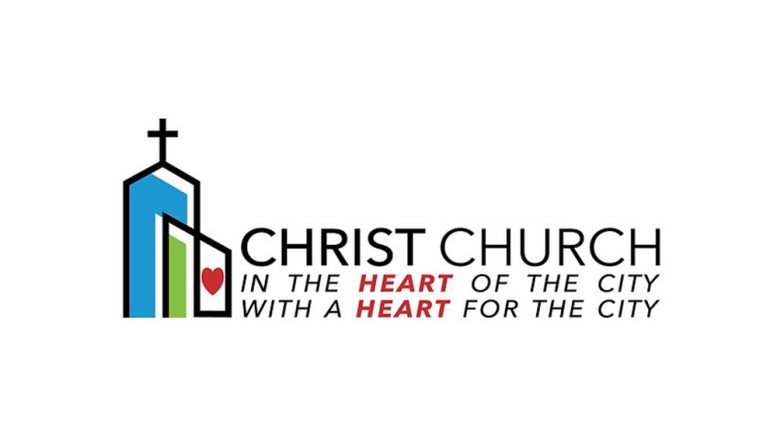By SHANA SLOMA
shana@readthereporter.com
With the growing burden of mental health issues throughout the community, Christ United Methodist Church (CUMC), 318 N. Union St., has answered the call for accessibility to counseling services in Westfield.
CUMC Pastor Dr. Jeremiah Gibbs is the driving force behind a new counseling center slated to open its doors on Sept. 1. The center, which is currently unnamed, will contain five rooms to be shared by no less than seven licensed therapists on a rotational basis. The combined private therapy services will include both individual and group counseling sessions.
Though housed within a refurbished portion of CUMC, the new center is non-religious and accessible to the public without church affiliation. Following the completed construction, the center will subsist through a sustainable model where each therapist will rent the space based on a full or part-time schedule. This business model will not only allow the center to run with no additional financial support from the church’s funds but will also bring in additional revenue to support the church’s mission to minister to the public.
Dr. Gibbs shared with The Reporter his enthusiasm about the current employment status of the center well before its intended start date.
“We’re excited that we already have a number of therapists who have indicated they are looking for space,” Dr. Gibbs said. “Including a director, we believe we have five of the seven spots already full, and it’s still six months from being done.”
During the ongoing “planning period,” Dr. Gibbs indicated that the church is reaching out to prospective therapists, as well as donors, to gauge interest and secure additional resources for the center’s opening in the fall. At the time of this interview, Dr. Gibbs shared that the church has currently raised $17,000 of the $40,000 required to complete renovations through matching donations.
The collective practice approach will give residents seeking services a multitude of therapeutic specialties to serve their mental health needs. In turn, the center will support the therapists by assisting them with building their websites and sharing their information on social media in an effort foster widespread clientele growth.
According to Dr. Gibbs, there will be therapists accepting new clients to meet the mental health needs of the community, but some therapists will require a waitlist to schedule services.
For example, the center’s director, Deanne Kinsey, will provide counseling services while triaging new clients for placement with other counselors, although she is currently waitlisted for new clients.
Dr. Gibbs’ short-term goal is to get the center up and running, but he also hopes to expand the center’s outreach to include programs that provide substantial mental health support for first responders. Due to the significant rate of depression and suicide among first responders, Dr. Gibbs is considering offering both acute and employee wellness programs in the future.
While Dr. Gibbs indicated that his intention is to provide a constituency of people with otherwise inaccessible and much needed mental health services, this opportunity creates a “win-win” effect for both the church and the community at large.
“My whole philosophy of ministry is to figure out how do we align the resources we have available with others who can use those resources in mutually beneficial partnerships and relationships,” Dr. Gibbs said. “If we have people coming in our building on a regular basis that are receiving healing and help, they are also going to identify positively with the church.”

